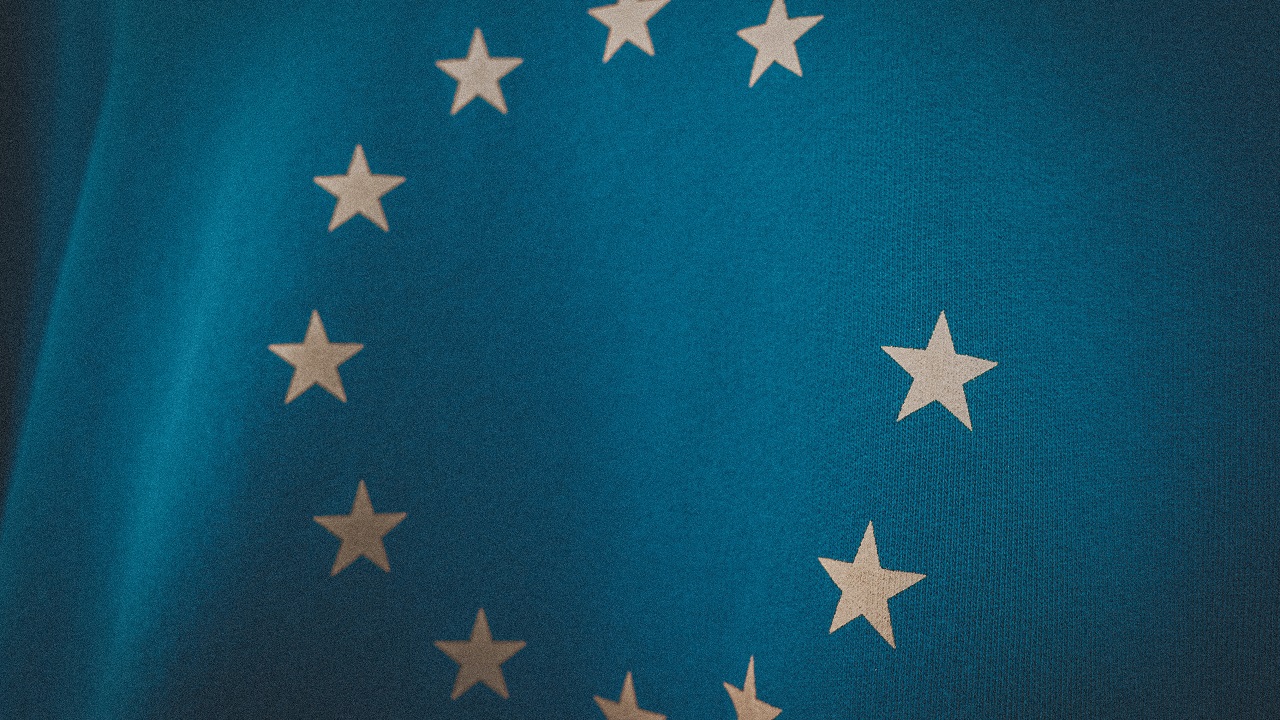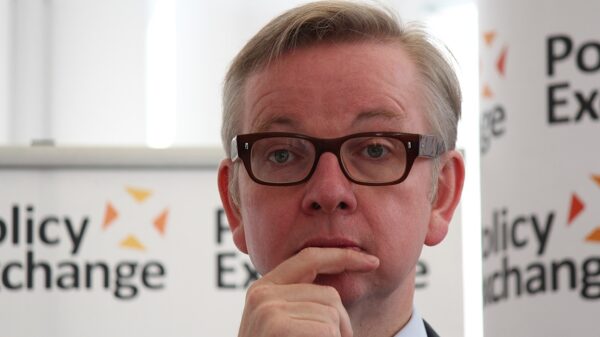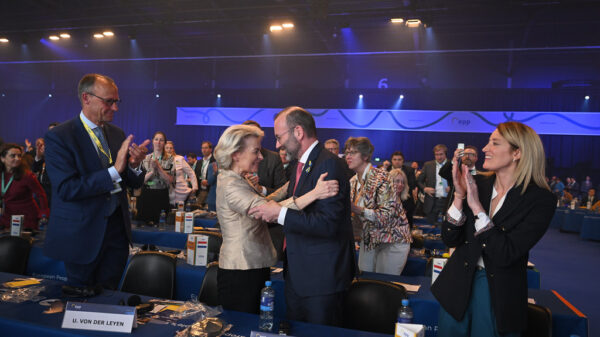Roar writer Ishaan Rahman argues that the UK-EU trade deal fails to deliver on the economic and sovereignty promises of the Brexit campaign.
Let’s get this out of the way: I supported remaining in the European Union. It’s not surprising that I oppose this deal. I believe it will damage the economy and reduce our presence on the world stage, as Remainers argued over years ago. However, this deal fails on two levels and it should now be clear to Leavers that their Brexit Britain paradise does not exist. Not only does the deal validate concerns that the Remain campaign voiced, but it also does not deliver on the promises that Leave campaigners swore by.
Firstly, the UK-EU trade deal is bad for Britain in the sme way that any form of Brexit would inevitably have been. The Prime Minister Boris Johnson’s free trade agreement may seem good on paper but it pales in comparison to the previous relationship we had with the $16 trillion Single Market. The difference between a free trade deal and Single Market membership is to do with checks at the border. The cost of having goods examined and evaluated before entering the UK from the EU or vice versa is larger than most think.
The government’s own forecasts in 2018 showed that a free trade agreement would lower our GDP by 6.7% over fifteen years compared to being an EU member. The Department for Business and Innovation found that Single Market membership was “responsible for income gains between…£1100 and £3300 per British household”. These benefits make the cost of EU membership seem insignificant.
It also threatens the integrity of the union between Great Britain and Northern Ireland. When former Prime Ministers John Major and Tony Blair warned of this in 2016, they was met accusations that of “project fear”. In May 2020, the UK Government accepted a border in the Irish Sea. This outcome was the only way that England, Scotland and Wales could avoid following EU rules without violating the Good Friday Agreement, which kept the Ireland-Northern Ireland border open.
Some (deluded) Brexiteers will say that the economic loss is worth it because our prior arrangement involved “surrendering our sovereignty to Brussels bureaucrats”. Firstly, our membership of the EU Council, Commission and Parliament means that we have a say in all of the rules we follow as a part of the Single Market. And the UK also usually gets its way; we’ve only been on the losing side of votes 2% of the time since 1999.
More importantly, any comprehensive trade agreement struck between two countries includes common rules that each partner has to follow. Major deals such as NAFTA or the EU-Japan trade agreement included regulations that both countries would have to follow if they were going to export to each other. That’s not “surrendering sovereignty”, it’s the reality of being in an increasingly interconnected global economy.
But even if we have this debate on Brexiteers’ terms, the UK-EU trade deal still falls short. If we accept the notion that comprehensive trade agreements are somehow anti-democratic, then the deal not only fails to regain sovereignty but, in fact, loses it. Northern Ireland will remain fully tethered to EU regulations in order to keep the aforementioned border with Ireland open. We’re “taking back control” minus Northern Ireland.
With the government’s focus on maintaining open borders between the UK’s four constituent countries, it seems likely that England, Scotland and Wales will, in practice, remain in compliance with EU regulations to keep the border open with Northern Ireland. So, in reality, no sovereignty or freedom from EU rules has been regained.
In fact, we may have ceded some power. As the UK has lost its membership of EU institutions, such as the EU Parliament and Council, we will no longer have a role in crafting the legislation that people in Northern Ireland will be forced to follow. If we differ too much from regulations on fishing or services, the EU could easily threaten us with tariffs while before Single Market membership guaranteed us a degree of access.
Brexit was always a crackpot idea sold to the uninformed and fuelled by misdirected anger. This deal confirms that it will not improve the lives of Britons one bit. It will damage our economy, split our union and, after all of that, it still fails to regain any “sovereignty” that Brexiteers spoke of. More and more are already realising this. While rejoining the EU seems a long shot, greater cooperation and economic integration between the UK and Europe may be a winning message in General Elections.


















